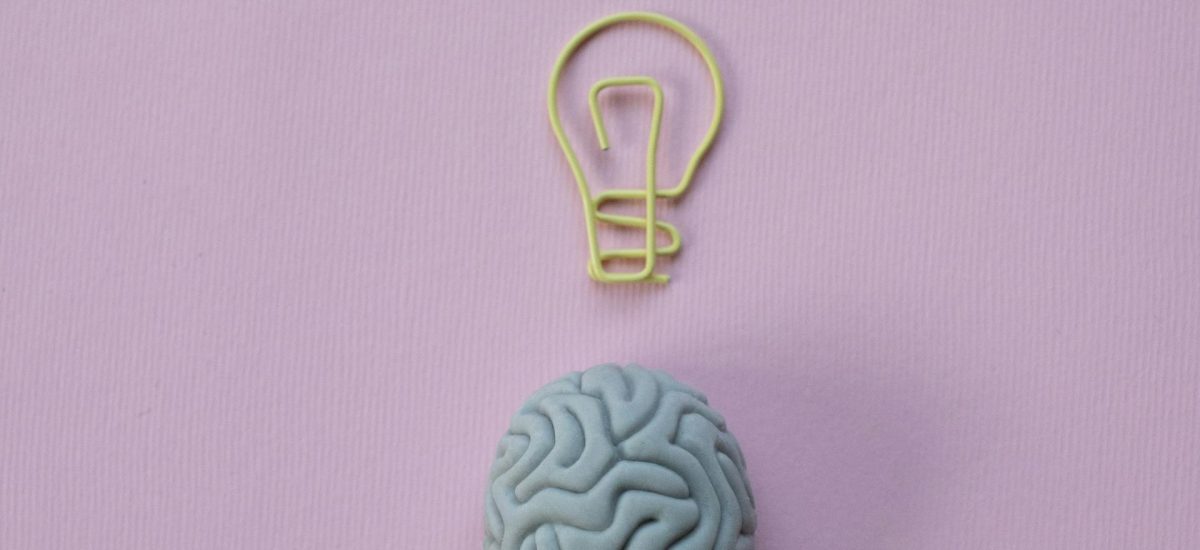Curiosity can sometimes be seen as a negative thing. There is a saying about curiosity and death: “Curiosity killed the cat.”. Even my elementary geography schoolteacher used to say, “Unnecessary question,” whenever we would show any interest in the subject matter and ask for additional explanation or information, as if he were saying, “This is what you need to know, and nothing more.”. But I am curious by nature, and I do believe that we can achieve everything by being curious.
In addition, curiosity has a lot of benefits backed up by science, such as the capacity to expand our knowledge, improve relationships, and foster empathy.
So, the question is, how can we achieve everything by being curious?
1. Ask better questions to get better answers.
“Millions saw the apple fall, but Newton asked why.” Bernard Baruch
Curiosity and asking questions go hand in hand. You cannot explore your curiosity and learn about the subject matter if you do not ask questions. Now, you do not need to ask others for information or answers. You could be asking yourself. That is why you need to formulate your questions better.
In some cases, you would only want to further explore the subject matter. So, you already know something, but not everything.
Ask yourself the following questions:
- What or where are my blind spots?
- What do I not know about what I am doing that I should be doing?
- Am I spending time on the right things?
- What can I experiment with?
- Can I engage others to assist me achieve my goals?
2. Ask for assistance to identify your blind spots.
Blind spots can be defined in different ways. We can define them as things that are overlooked systematically, either intentionally or subconsciously. Another definition would be that they are things you think you know but don’t. Or something that you think that you are good at, but are terrible at (did someone mention the Dunning-Kruger effect?).
Simply put, it is a persistent lack of awareness concerning an aspect of one’s personality and/or behavior. And identifying and addressing a blind spot is often not the most pleasant thing in the world.
That is why people often avoid doing it. However, part of being curious is looking for those blind spots. That is why asking for assistance to identify your blind spots can help you. Choose carefully who you will ask for assistance, and make sure that they are the right person for the job.
3. Success kills curiosity.
I already wrote about how training your brain for maximum growth can make a change in your life. But be aware of the trap of success. It might kill your curiosity.
Success itself frequently leads to failure because it breeds laziness, arrogance, and excessive optimism about the future in people. Once we find ourselves successful, we tend to believe that we know everything and that we are untouchable.
But how many businesses failed once they reached the top? How many people become arrogant once they achieve something great? And how many of them lost it and hit rock bottom?
Never let your wins and success kill your curiosity, drive to learn, and need to improve.
Remember, curiosity is the space between what you currently know and what you want to know.
4. Identify failures quickly.
Look at your curiosity as a need to experiment. To know what the result of the experiment means, you need metrics, which are quantitative or qualitative measures of the success of your experiment. That means that these metrics will tell if the experiment was a success, failure, or inconclusive.
Anyhow, you must have processes to kill projects when they are not working. To achieve this, you need at least to have success metrics and failure metrics.
What is more, you need to establish the failure metrics upfront. and they must be measurable, either quantitatively or qualitatively.
5. Ask for feedback.
Let’s say you are curious about a business idea that you have. You want to know if it makes sense, if it is good or bad, whether it has a chance to be a success or if it is going to be a failure. You do your research, you go deep into this idea, but you are still not sure. A great way to further examine this idea is to ask for feedback.
There are three things you need to do to be able to get valuable feedback:
- Create a safe place for critical feedback,
- Be sure that you are doing this with the right people,
- Make them feel like putting themselves at risk and being honest with you is worth it.
Understand this, growth requires hearing challenging feedback. And it is not what you don’t know that gets you in trouble, it is what you know for sure that just isn’t so.
In other words, you need feedback, but for people to give you one, you must choose the right people and create a safe environment for even negative feedback.
Source: LinkedIn, AsstOffice
Photo by ERIKA CRISTINA: https://www.pexels.com/photo/hands-with-paint-2332030/



